How to Manage Teeth with Excessive Plaque Buildup: Effective Tips and Solutions
- Understanding Plaque Buildup on Teeth
- The Importance of Good Oral Hygiene
- Professional Cleaning and Removal of Plaque
- Home Care Strategies for Plaque Prevention
- When to Seek Dental Help
Understanding Plaque Buildup on Teeth
Plaque is a sticky film of bacteria that forms on your teeth after you eat or drink. Over time, if not removed, it can harden into tartar, leading to more severe dental issues like gum disease and tooth decay. Plaque buildup occurs naturally, but excessive plaque buildup can result from poor oral hygiene habits, diet, or underlying health conditions.
When plaque is allowed to accumulate, it can irritate the gums and contribute to inflammation, resulting in gingivitis or even periodontitis. The buildup is particularly common along the gumline, where brushing and flossing may not reach effectively. Understanding how plaque forms and its potential consequences is crucial for learning how to manage and prevent it.
The Importance of Good Oral Hygiene
Good oral hygiene is the first line of defense against plaque buildup. Brushing your teeth at least twice a day, flossing regularly, and using mouthwash can significantly reduce the risk of plaque accumulation. Brushing your teeth correctly with fluoride toothpaste ensures that plaque is removed before it can harden into tartar.
1. Proper Brushing Technique
To effectively manage plaque buildup, ensure that you are brushing your teeth properly. Hold your toothbrush at a 45-degree angle to your gums and use small, circular motions. Focus on the gumline where plaque is most likely to gather. Don't forget to brush your tongue as well, as bacteria can also accumulate there.
2. Regular Flossing
Flossing is essential for removing plaque from between your teeth and along the gumline. It is often difficult to reach these areas with a toothbrush alone, so flossing is a critical part of an effective oral hygiene routine. Aim to floss at least once a day to prevent plaque buildup in these hard-to-reach areas.
3. Use of Mouthwash
Using an antibacterial mouthwash can help kill bacteria that lead to plaque formation. Mouthwash can also help to freshen your breath and reduce the risk of gum disease. Opt for a mouthwash with fluoride to further protect your teeth against plaque and cavities.
Professional Cleaning and Removal of Plaque
While regular brushing and flossing are crucial, a professional dental cleaning is the most effective way to remove stubborn plaque and tartar. A dentist or hygienist uses specialized tools to clean areas that are difficult to reach at home, providing a deep clean and helping to prevent further plaque buildup.
Professional cleanings are recommended every six months, or more frequently if you have a history of excessive plaque or gum disease. During the cleaning, the dentist will also check for signs of cavities or other oral health issues.
Scaling and Root Planing
For more severe plaque buildup, especially if it has turned into tartar, your dentist may recommend a scaling and root planing procedure. This deep cleaning process removes plaque and tartar from beneath the gumline, helping to prevent further damage to the gums and teeth.
Home Care Strategies for Plaque Prevention
Maintaining a plaque-free smile requires consistency and the right tools. In addition to regular brushing and flossing, there are other home care strategies that can help you manage plaque buildup more effectively:
1. Diet Considerations
Your diet plays a significant role in plaque buildup. Foods high in sugar and starch can feed the bacteria in your mouth, leading to more plaque. Reducing sugary snacks and drinks can help prevent plaque formation. Additionally, eating crunchy fruits and vegetables, like apples and carrots, can help naturally clean your teeth as you chew.
2. Use of Plaque-Removing Products
Consider using toothpaste specifically designed to fight plaque, as well as plaque-removal brushes or flossers. There are also plaque-disclosing tablets available that can highlight areas of plaque buildup, allowing you to pay extra attention to those spots during brushing.
3. Stay Hydrated
Drinking plenty of water throughout the day can help wash away food particles and bacteria in your mouth, reducing the chances of plaque buildup. Water also helps promote the production of saliva, which naturally neutralizes acids and helps remineralize teeth.
When to Seek Dental Help
If you notice symptoms such as bleeding gums, persistent bad breath, or gum recession, it may indicate that plaque buildup has led to gum disease or other dental issues. These conditions can worsen over time and require professional treatment.
At Dentistry Toothtruth, we offer comprehensive dental care services, including treatments for plaque buildup and gum disease. Our experts can help you manage your oral health and prevent future plaque accumulation with personalized care plans. Don’t wait for plaque to become a bigger issue—schedule your dental cleaning today!

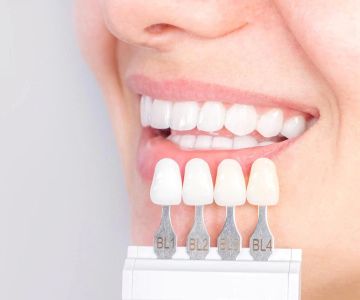

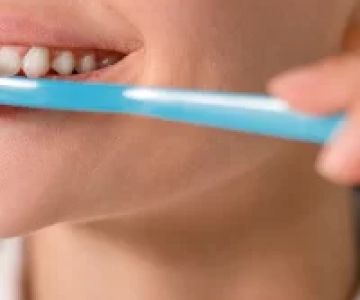
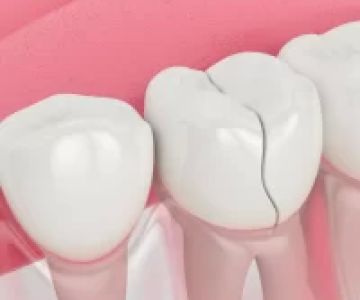
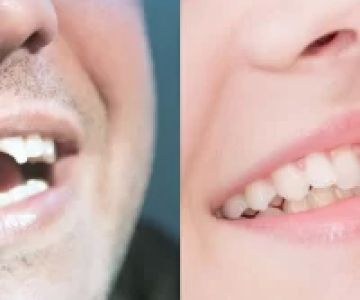
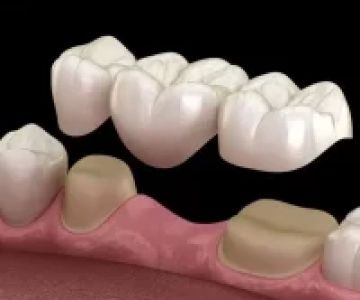
 Westgate Dental Arts
Westgate Dental Arts Coventry Family Dental
Coventry Family Dental Familia Dental
Familia Dental Dr. Daniel S. Fife, DDS
Dr. Daniel S. Fife, DDS Dentistry At Suburban Square: Michael I. Wollock, DMD
Dentistry At Suburban Square: Michael I. Wollock, DMD Comfort Care Dental
Comfort Care Dental The Importance of Oral Health Education During Pregnancy for a Healthy Pregnancy
The Importance of Oral Health Education During Pregnancy for a Healthy Pregnancy Why Skipping Dental Checkups Can Lead to Bigger Oral Health Problems
Why Skipping Dental Checkups Can Lead to Bigger Oral Health Problems Advantages of Porcelain Dental Restorations
Advantages of Porcelain Dental Restorations Best Tips for Brushing Your Teeth Properly for Healthy Gums: Essential Techniques for Oral Health
Best Tips for Brushing Your Teeth Properly for Healthy Gums: Essential Techniques for Oral Health How Can Diabetes Cause Tooth and Gum Problems? Preventing and Managing Oral Health Issues
How Can Diabetes Cause Tooth and Gum Problems? Preventing and Managing Oral Health Issues Healthy Habits for Promoting Good Oral Health and Hygiene: Tips for a Healthy Smile
Healthy Habits for Promoting Good Oral Health and Hygiene: Tips for a Healthy Smile